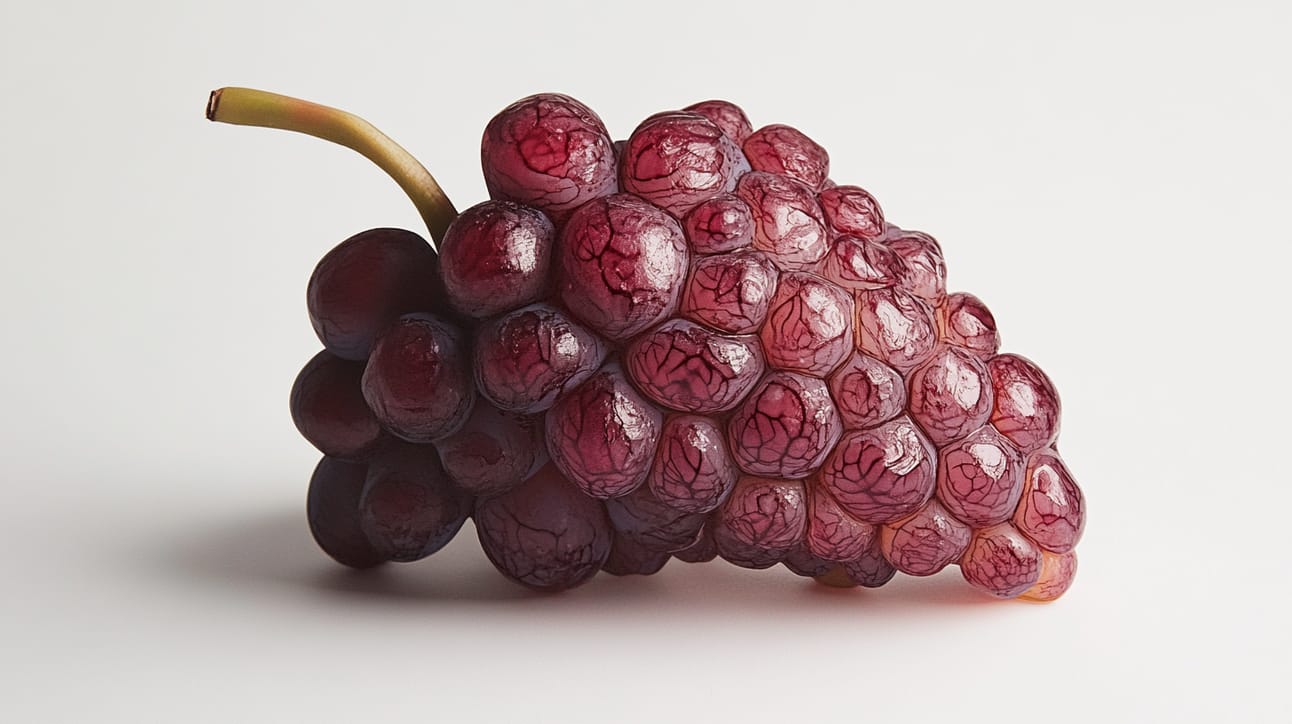- 40-something
- Posts
- How to heal haemorrhoids naturally
How to heal haemorrhoids naturally
Dietary recommendations and all-natural supplements to calm and strengthen inflamed veins.

Haemorrhoids, swollen veins in the rectum and anus, are often caused by poor dietary habits that contribute to weakened blood vessels, dehydration, inflammation, and constipation. Here's how these factors are connected:
Weakened blood vessels
A diet low in key nutrients like vitamin C, bioflavonoids, and collagen-supporting foods can weaken blood vessel walls. These nutrients are essential for maintaining the strength and elasticity of veins. Weak veins are more likely to swell under pressure, leading to haemorrhoids.
Dehydration
Insufficient water intake causes stools to harden, making bowel movements more difficult. When stools are hard, straining during defecation becomes more common, increasing pressure on the veins in the rectum and contributing to haemorrhoid formation.
Inflammation
Inflammation in the body, triggered by diets high in processed foods, refined sugars, and unhealthy fats, can exacerbate haemorrhoid symptoms. This can make the veins more prone to swelling and irritation.
Constipation
A diet low in fibre leads to constipation, which is one of the main causes of haemorrhoids. Fibre helps soften stools and promotes regular bowel movements, reducing the need for straining that puts pressure on the rectal veins.
All-natural treatment through diet and nutrition
Preventing and reversing haemorrhoids naturally can be achieved by adjusting your diet to include certain foods:
Increase fibre intake
Consume at least 25-30 grams of fibre daily to soften stools and prevent constipation. Include:
Whole grains (oats, brown rice)
Fruits (apples, berries)
Vegetables (leafy greens, carrots)
Legumes (beans, lentils)
Psyllium husk supplement for additional fibre support.
Stay hydrated
Drink at least 8 glasses of water daily to maintain stool softness and prevent dehydration.
Strengthen blood vessels
Incorporate foods rich in vitamin C (citrus fruits, broccoli) and bioflavonoids (berries, dark leafy greens) to strengthen blood vessel walls.
Reduce inflammation
Eat anti-inflammatory foods like fatty fish (rich in omega-3s), turmeric, and berries to reduce swelling and discomfort.
Probiotics for gut health
Include probiotic-rich foods like yogurt, kefir, and sauerkraut to promote healthy digestion and prevent constipation.
Herbs and natural supplements for supporting the venous system
In addition to improving diet and hydration, certain herbs and natural supplements can help strengthen blood vessels, reduce inflammation, and improve circulation, making them effective in preventing and treating haemorrhoids. Here's a look at some powerful, all-natural options:
Horse chestnut extract (Aesculus hippocastanum)
Horse chestnut is one of the most well-known herbal remedies for vascular health. It contains a compound called aescin, which improves the tone and elasticity of veins, reduces swelling, and enhances blood circulation. This makes it particularly helpful for preventing and treating haemorrhoids by strengthening the veins in the rectal area.
How to use: Take a standardised extract (50–100 mg of aescin) daily or use a topical cream containing horse chestnut to reduce swelling.
Butcher's broom (Ruscus aculeatus)
Butcher's broom is another herb traditionally used to support vein health. It helps constrict and strengthen veins, reducing inflammation and improving circulation. It's particularly useful in treating varicose veins and haemorrhoids.
How to use: Take 100–300 mg of standardised extract daily, particularly in supplement form.
Gotu kola (Centella asiatica)
Gotu kola is an ancient herb widely used in traditional medicine to strengthen blood vessels, reduce inflammation, and improve circulation. It promotes collagen synthesis, which is vital for the integrity of veins, making it an excellent remedy for haemorrhoids.
How to use: Take 30–60 mg of standardised extract 1-2 times daily, or drink gotu kola tea for vein support.
Diosmin and hesperidin (Citrus bioflavonoids)
Diosmin and hesperidin are bioflavonoids derived from citrus fruits that improve the tone and strength of veins. They are often used together to treat haemorrhoids and chronic venous insufficiency by reducing inflammation and enhancing blood flow.
How to use: Take 500–1000 mg of diosmin with hesperidin daily in supplement form.
Rutin
Rutin is a flavonoid found in foods like apples, citrus fruits, and buckwheat. It helps strengthen capillaries and veins, reduces inflammation, and improves blood flow. Rutin has been shown to be particularly effective in reducing the symptoms of haemorrhoids and varicose veins.
How to use: Take 500 mg of rutin 2-3 times daily for vein support.
Bilberry (Vaccinium myrtillus)
Bilberry, a relative of the blueberry, is rich in antioxidants and bioflavonoids that help improve circulation and strengthen the walls of veins and capillaries. Bilberry extract can reduce inflammation and promote blood vessel health, making it a useful remedy for haemorrhoids.
How to use: Take 80–160 mg of bilberry extract (standardised to 25% anthocyanosides) 1-2 times daily.
Witch hazel (Hamamelis virginiana)
Witch hazel is a natural astringent that can help reduce swelling and inflammation in haemorrhoids when applied topically. It constricts blood vessels, easing discomfort and promoting healing.
How to use: Apply witch hazel ointment or use witch hazel pads to the affected area for relief from external haemorrhoid symptoms.
Supplements to try:
Buy Pro-Circulate Vein Support complex with horse chestnut, rutin, and gotu kola.
Buy this Ultimate Vein Health Complex with butcher’s broom, diosmin, and horse chestnut.
Pooping shouldn’t be painful. By improving your diet and including key supplements, you can prevent and even reverse haemorrhoids naturally, reducing the need for surgery. Focus on fibre, hydration, nutrients for vein health, and anti-inflammatory foods to maintain a healthy digestive system and avoid recurring haemorrhoids.
Take care down there 🙂 xx
Umayya